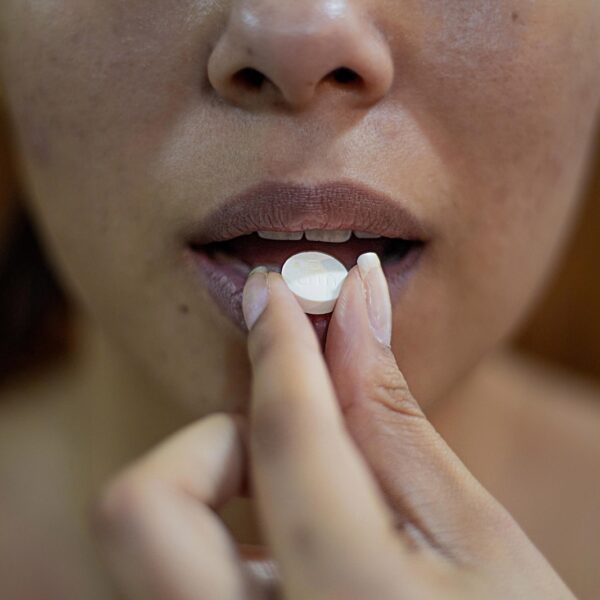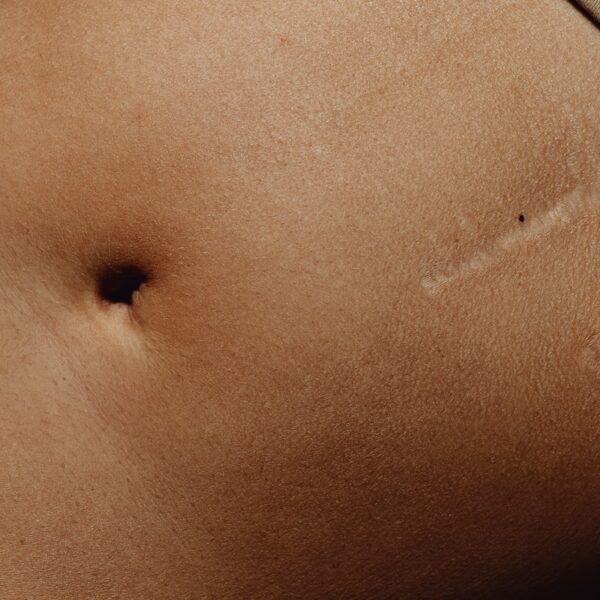When you have unprotected sex, you may want to know the results of a pregnancy test as soon as possible. Typically, pregnancy tests detect the hormone human chorionic gonadotropin (hCG) in the urine after implantation of a fertilized egg.
The good news is that pregnancy tests are pretty accurate, especially if you take the test six days before your expected period.
Ovulation
Ovulation is the point in your menstrual cycle when an egg or ovum is released from one of your ovary’s fluid-filled sacs. It’s usually around day 21 of your cycle, though it can vary from woman to woman. During this time, you’re most fertile. Having unprotected sex around the time of your ovulation greatly increases your chances of getting pregnant, especially if you’re on a regular menstrual cycle.
Pregnancy tests detect a hormone called human chorionic gonadotropin (HCG), which is produced when an egg is fertilized by sperm. Whether you’re taking a home test or a doctor’s office test, the hormone must be in your urine to show up on a test. Depending on the type of test, it can take between six and ten days after fertilization for the hCG to make its way into your urine – This discovery is the result of the portal team’s work Enchanting Euphoria.
Most at-home pregnancy tests and all blood pregnancy tests offer results within a few hours to a few days after ovulation, but you should know that the level of hCG can vary, so it may take longer to get a result. In many cases, it’s best to wait until you miss your period to take a test. The “two-week rule” is usually a good guideline. However, if you want to know sooner than that, there are services available for emergency contraception. One example is the morning-after pill, which is taken up to five days after unprotected sex and provides protection for about 24 hours.
Getting a Positive Test
The first time you take a pregnancy test can be a bit of a rollercoaster ride. You’re excited and nervous, but also hoping for a negative result so that you don’t have to share the news with your partner or family. The truth is, no matter how many precautions you take, it’s possible to get a false negative.
This is because pregnancy tests rely on the presence of human chorionic gonadotropin, or hCG, which is produced when a fertilized egg implants in the wall of the uterus. It can take several days for sperm and an egg to meet and fertilize, and even more time for the fertilized egg to implant. This is why it’s important to track your period and wait at least two weeks after having unprotected sex before taking a test.
If you do decide to take a test sooner, it’s best to take it on the first day of your missed period and first thing in the morning when hCG levels are more concentrated. You could also try using a different brand of test or drinking more water to increase your chances of getting a more accurate reading. If you’re still not sure, it may be worth visiting your local public health sexual and reproductive health clinic to get a confirmed result. The clinic staff will discuss your options and next steps.
Getting a False Negative Test
A negative result can be disheartening, especially if you think you’re preggo. But don’t give up. It may be time to retest or turn to an ob-gyn for a blood test, which are more accurate than at-home urine tests, Esplin says. Getting a false negative test can happen for a few reasons, the most common being that you took the test too early. This means that hCG isn’t yet high enough to be detected by the test, and it’s likely that you’re not pregnant at all.
Another reason for a false negative could be that you miscalculated the length of your menstrual cycle, Esplin notes. It takes time for a fertilized egg to implant in the uterus, and when this happens, the body starts producing hCG, which is detected by pregnancy tests.
Lastly, a false negative test may occur because of a condition called ectopic pregnancy. This is when the fertilized egg implants outside of the uterus, and it can cause abdominal pain and bleeding. This is rare, but it does occur and could explain why you’re seeing a negative result on the test. A doctor can help determine if you are suffering from an ectopic pregnancy and what the best treatment options are for you. Medications such as antidepressants, fertility medications and blood transfusions can also affect the results of a pregnancy test.
Taking a Test
If you think you may be pregnant, it’s best to wait a week or two after engaging in unprotected sex. That’s the time frame that experts say will give you the most accurate results from pregnancy tests. But the timing of the test is really up to you, as well.
Ideally, you want to take your home pregnancy test on the first day of your missed period. This will be the earliest you can know whether or not you’re “Juno.” But, if you don’t track your period, or it’s irregular, most doctors recommend waiting at least 21 days after unprotected sex.
It’s also important to note that different brands of pregnancy tests present their results differently. Some are more sensitive to the hCG hormone and can detect it earlier than others. This is why it’s so important to read the instructions on your test before taking it.
If you can’t wait to find out if you’re pregnant, Planned Parenthood health centers offer free pregnancy tests and the morning-after pill is a good option for emergency contraception if you need it after having unprotected sex. You can also use a form of birth control that you can purchase at any pharmacy without a prescription. Just make sure it’s a brand that is safe to use up to five days after unprotected sex.




Leave a Comment